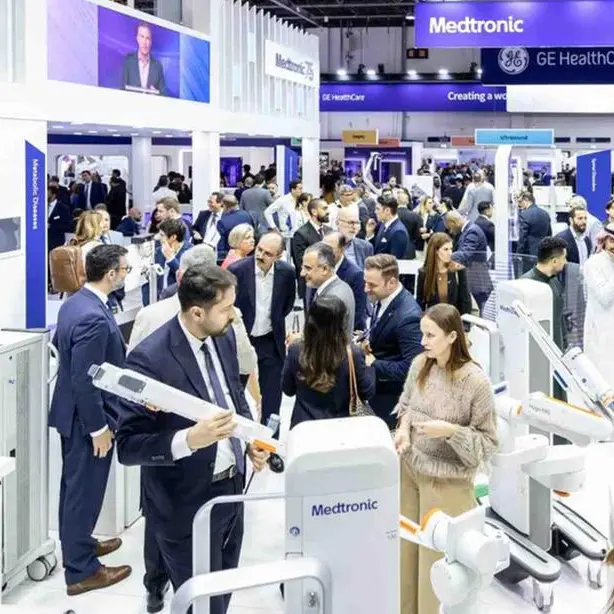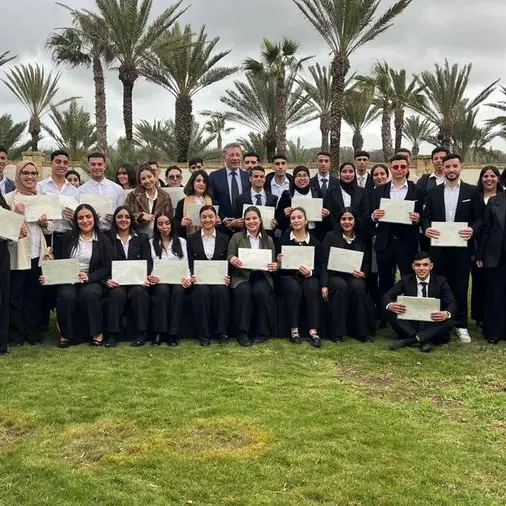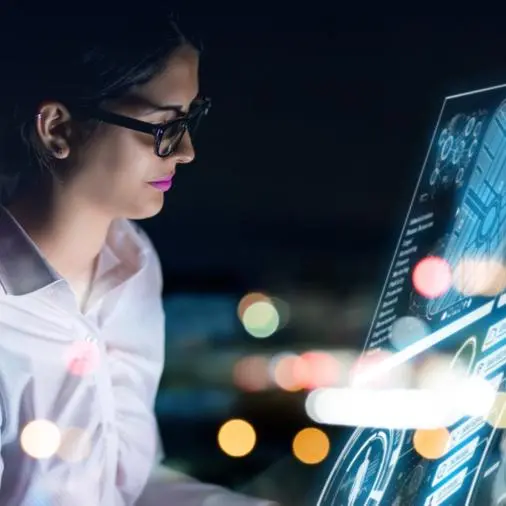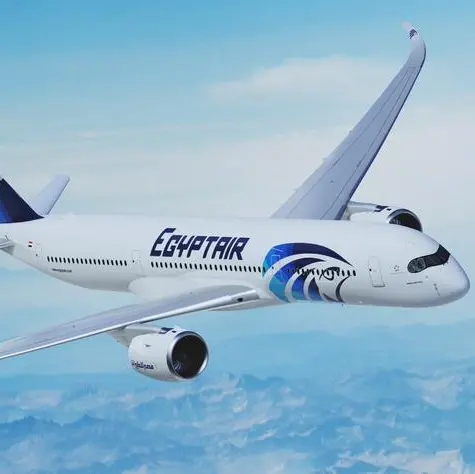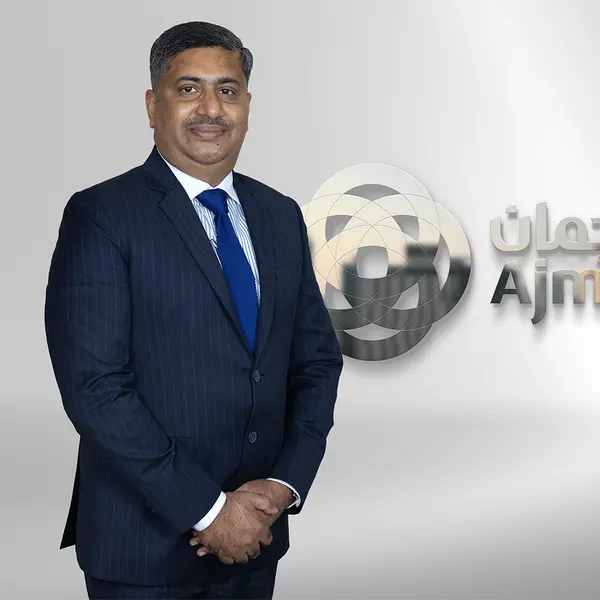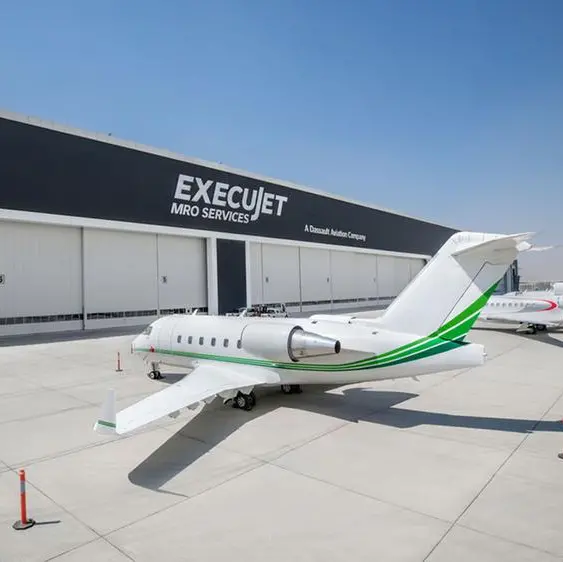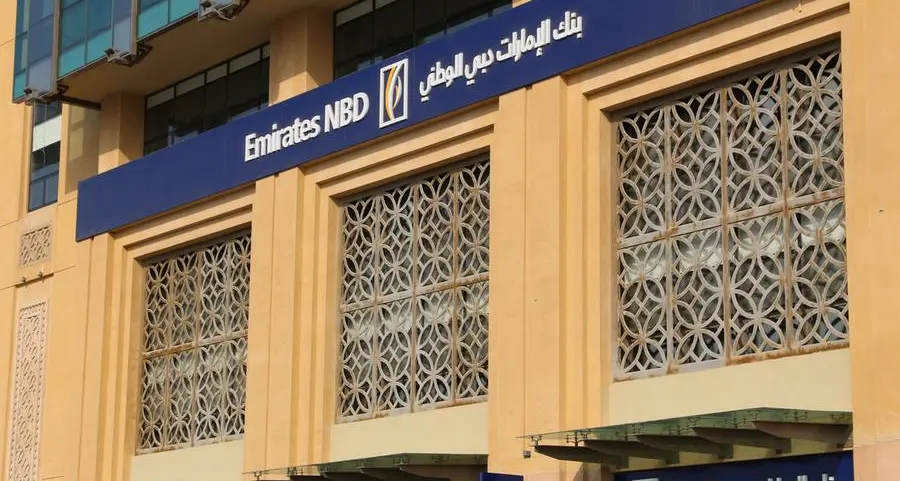RIYADH, Saudi Arabia:– The G20 summit in Riyadh next year, innovative technology and digital transformation were key topics on Thursday, the third and final day of the October 29-31 Future Investment Initiative (FII) in the Saudi capital Riyadh.
The closing panel, entitled ‘What’s next in economic diplomacy and G20?’ grouped H.E. Dr. Ibrahim Alassaf, the Saudi Minister of State who is a G20 veteran, with several former G20 leaders - former French Prime Minister Francois Fillion (2007-2012), former Italian PM Matteo Renzi (2014-2016), ex-Australian premier Kevin Rudd (2007-2010, 2013) and former UK Prime Minister David Cameron (2010-2016).
“On the agenda, obviously there will be long-standing issues like dealing with the macroeconomic challenges, dealing with financial regulatory issues, dealing with structural reforms,” Alassaf said, responding to a question on what is the agenda and what is Saudi Arabia planning to do with regard to G20 next year.
“But in each presidency there will be specific areas where the interests of the host will be focused on. In the case of Saudi Arabia, one of the most important issues is to deal with the empowering of women and youth. This is very important. Even though we had been dealing with this for a very short period, we have been very successful in that. This is where the growth will be coming from. That’s one area.”
Noting that the Kingdom has been preparing for its presidency of G20 for quite some time, including high-level meetings led by HRH Crown Prince Mohammed bin Salman, Alassaf said that on the Saudi agenda for G20 was sustainable development, the issues of developing countries, noting the Kingdom will also seek to highlight what is sees as priority issues - reforestation and combating desertification.
Asked by the moderator what does it mean for the region that Saudi Arabia will be the first Arab country to host a G20 meeting, Alassaf, said: “Being a developing country we will put more focus on the issues of development including in our region. I expect that we will have some emphasis on the issues in our region, whether they are development issues or other challenges. So this is going to be part of the agenda of Saudi Arabia.”
But he said the Kingdom was also a bridge between developing and developed nations.
Asked what advice he has to Saudi Arabia for the G20 presidency and as it prepares to host the G20 Summit in 2020, David Cameron, the former UK premier, said: "Think hard about the issues you want to actively promote and which will make a real difference – all the way up to the conference itself."
Cameron added: "Don’t waste the opportunity of having world leaders together to push agendas where you can make a real difference – on global poverty, on failed states, on making sure oil and natural resources are a blessing not a curse."
“This is a special time: the G20 provides Saudi Arabia with a great opportunity to promote many sectors – not only finance,” said Matteo Renzi, the former Italian prime minister. The Kingdom, he said, can also broadcast its message on its leadership in sectors like tourism, culture, innovation and sustainability.
The Australian former premier Kevin Rudd said: “All of us wish the Kingdom all the best in its major global responsibilities in hosting the G20 in the year ahead. This is an important task, not just for the Kingdom but for the world ..” He emphasized the importance of the G20 fundamental message of maintaining financial stability and sustainable and balanced economic growth.
‘SAUDI COMPETITIVE ADVANTAGES’
Addressing a panel entitled ‘What’s next for Asia?’, Saudi Minister of Commerce and Investment H.E. Dr Majid Al-Kassabi talked about Saudi Arabia's "unique blend" of competitive advantages which he said included a robust business environment, a large youth population, rich natural resources, capable infrastructure, and not forgetting "the hospitality that is in our DNA".
Al-Kassabi said that Saudi Arabia, the largest Arab economy, has made significant reforms and improvements in the Doing Business reports issued by the World Bank Group, which is a reference to the development of the business sector, according to remarks carried by the official Saudi Press Agency (SPA).
He said the Kingdom has a different mix of competitive ratios and advantages, noting that it has risen staggeringly in the business creation environment thanks to a strong business environment, a youth society, rich natural resources, and a strong infrastructure.
On an earlier panel, H.E. Mohammed Al-Jadaan, the Saudi Minister of Finance, noted that the Kingdom has made significant progress in reform processes compared to other countries, according to according to his remarks carried by SPA.
Saudi Arabia seeks to be an immune economy to global and local challenges, through improving all sectors and caring for digital transformation in the government sector, and taking substantial structural reform measures, Al-Jadaan said, speaking during a panel session entitled "How the Middle East became an international investment powerhouse".
Al-Jadaan said the Kingdom is looking forward to structural reforms on the ground in the coming years, where it has made significant progress in reform processes compared to countries, especially in the indicators of competitiveness and the response of the government to changes, technologies and the private sector, as well as focusing on some specific industries. He said there is significant growth and diversification in the tourism, technology, sports, entertainment, and other sectors in the Kingdom, in addition to the construction sector shifting since 2014 from a negative point to a positive point by almost 3%.
"We are focusing on specific industries as we look to grow non-oil GDP – we’re seeing significant growth in tourism, tech, sports and entertainment," Al-Jadaan told the panel.
He talked about economic restructuring in Saudi Arabia.
“We want the Saudi economy to be immune to global and local challenges,” Al-Jadaan said.
“This is what we are trying to do to improve sectors, take care of the digital transformation of the government sector, and take fundamental structural reform measures that I believe have put us on the right track towards our endeavor.”
He added: “FDI has grown by 10% and local investment is on the rise. Confidence is growing, and public-private partnerships are allowing us to ease the burden on government budgets.”
Another panelist, HE Dr. Naif Falah Al-Hajraf, the Kuwaiti Minister of Finance, noted: “It is no longer viable for government to intervene in business at the micro level – the time has come to zoom out and allow the private sector to play the leading role in the economy.”
Bahrain’s Minister of Finance H.E. Shaikh Salman bin Khalifa Al Khalifa said: "When a government invests, it puts a dollar into the economy, but when a government improves business conditions it allows the private sector to put in many dollars – it creates a multiplier effect.”
Some 6,000 delegates from around the world were scheduled to attend FII over its three-day course, including world leaders and top officials, leading investors and global experts.
The list of notable attendees, speakers and panelists this year included Jordan’s King Abdullah II, Brazilian President Jair Bolsonaro, Nigerian President Muhammadu Buhari, Kenyan President Uhuru Kenyatta, President of Congo Denis Sassou Nguesso, Indian Prime Minister Narendra Modi, U.S. Energy Secretary Rick Perry, U.S. Treasury Secretary Steven Mnuchin, UAE Minister of State H.E. Dr. Sultan Ahmed Al-Jaber, and White House advisor Jared Kushner, along with the CEOs of leading global banks and financial institutions from around the world.
FII is held under the patronage of the Custodian of the Two Holy Mosques, King Salman bin Abdulaziz Al-Saud, and the attendance of HRH Crown Prince Mohammed bin Salman. Taking place at the Ritz Carlton and the King Abdul Aziz Conference Center, FII is hosted by Saudi Arabia’s Public Investment Fund (PIF), one of the world’s leading sovereign wealth funds. FII was organized around the overall theme of ‘what is next for global business?’ and focused on three key pillars: sustainable future, technology for good to help everyone, and the development of societies.
PIF said in a statement on Thursday that the conference showcased innovative technology solutions with displays by tech partners Huawei, Hive, Magic Leap, SoftBank Robotics, Virgin Hyperloop One, Unisound, SenseTime, Root AI, Gravity Industries, among others, familiarizing audiences with quantum computing, robotics and Artificial Intelligence.
“FII 2018 told the world we’re open for culture and entertainment. FII 2019 has told the world we’re open for innovation,” H.E. Abdullah bin Amer Alswaha, the Saudi Minister of Communications and Information Technology, told the conference.
Saudi Arabia, Alswaha said, is in second place among G20 nations after Japan, and the world's third, in terms of growth of digital economy.
"With cloud applications and 5G technology, we'll completely transform healthcare – with spatial computing, a physician in another part of the world can tell where your pain areas are, taking remote diagnosis to a new level."
-Ends-
[INTERVIEWS BY CIC]
REMARKS FROM FII 2019 PARTICIPANTS
‘THE TOPICS DISCUSSED HERE ARE VERY IMPORTANT FOR US’
Sultan bin Saeed Al-Mansoori, Minister of the Economy of the United Arab Emirates, told CIC in an interview: “I am happy to see the successful organization of this conference which attracted a lot of people taking into consideration the challenges facing our region .. There is a very large participation from nations we did not see before. India is coming with the Prime Minister, China, Brazil with the president also, Switzerland. With that also we have seen participation from the private funds that have been coming over here and the exchange of thoughts and ideas on how do we address some of the challenges or investments as we see it right now in the global economy.”
On Saudi-UAE ties, he said: “We are part of the GCC (Gulf Cooperation Council) but there’s also closer coordination between our two nations, because really Saudi Arabia is the largest Arab economy and the UAE is the second largest Arab economy and with that we saw that there is the need to coordinate more on many aspects, laws, regulations and investments to pull in the rest of the Arab world. And the benefits can also be seen by the rest of the Arab world as these two nations become stronger. But what is even more important, we send positive stories about this region and about Saudi Arabia and the UAE when it comes to success stories because the world is hungry to see these positive stories from our region.”
Al-Mansoori added: “Of course, the identification of Saudi Arabia and the UAE together as two strong allies both politically, economically by the rest of the world brings more confidence in us also and more interest in understanding how they can benefit from that, from the bilateral trade between us and them or in terms of investment that can be brought into the region here looking at the two economies and the potential size of the two markets, we’re talking Saudi Arabia, the UAE and the rest of the region.
“I think all these are interesting points that investors and also other nations around the world and leadership look into when they talk about investment anywhere around the world.”
Sultan Ahmed bin Sulayem, the Group Chairman and CEO of DP World, said in an interview with CIC that FII is viewed by the UAE as a very important conference, with the large number of attendees from the UAE reflecting that view.
“The topics being discussed here are very important for us. It is telling us how the world economy is working, what challenges the world economy is facing, how do we deal with it. This is very interesting and exciting for us. Saudi Arabia is an important country. We (DP World) have been working in Saudi Arabia for 20 years in Jeddah. Saudi (Arabia) has a unique location, where they are on the Red Sea and on the Gulf at the same time. This is a unique location and opportunity for a logistics company like DP World where we can link our ports in Europe with Africa through the infrastructure of Saudi Arabia.”
Hanoz Chhoga, Manager – Cracker Business Group at India’s Reliance Industries Limited, said:
“I am very happy to be here in Riyadh and great to see all the vibrant atmosphere here and all the global leaders.”
Chhoga added: “As Reliant Industry, we are looking forward to having a good and strong partnership with the Kingdom.”
Moosa Al-Moosa, President – Dow Materials Science Saudi Arabia Company, said his company had a big presence at the third edition of FII.
“We are here with a big presence, the president and CEO as well as members of senior management have been attending. We’ve also had one of senior members as a speaker at the event.”
“We see large numbers have come to the Kingdom. The opportunities that have been discussed about investing in the Kingdom have been tremendous as well,” he said.
Dow is the largest foreign direct investor in the Kingdom of Saudi Arabia, he said.
“We are very proud about our joint venture with Saudi Aramco, our Sadara [Chemical Company] joint venture, but in addition to that we also have joint ventures with other Saudi partners: we have a presence in the King Abdulla University Science and Technology. Our investments are not only in assets but also in research and development, where we have our D center, and digital marketing, and most important and what I most proud of is our investment in human capital ..”
“I am very excited about what I heard over here. We also have another investment upcoming with a joint venture partner.”
J.K. Khalil, General Manager Saudi Arabia & Bahrain – Mastercard, said:
“I think in the words of the PIF governor, it all started with a very interesting thought about bringing together, people from different perspectives .. Over the last 3 years we have seen it really change and grow, in leaps and bounce, from a few thousand, 3,000 or 4,000 last year - I believe - to this year close to 6,000-7,000 attendees and this time around bringing a lot of the West with a lot of the East and the Southern corridors as well into one place.
“The quality of the attendees, and the seniority of the delegations and the level of discussions has been really improving year on year. We are really happy with this platform that has been created by the Saudi Government and the PIF, we believe it is great for Vison 2030 to really make this vision more tangible.
“I think you can see from the size and the breadth and depth of the delegations .. they see that this is really a massive opportunity, the potentials that are sitting here and the economic sectors that are being opened up and developed are like nothing we have seen in the last few decades around the world. There are a lot of demands that are about to be unlocked in this market and I believe business and governments realize that and they want to be part of this great success story of this booming economy and they want to contribute to Vision 2030 .. this is a fantastic opportunity.”
© Press Release 2019Disclaimer: The contents of this press release was provided from an external third party provider. This website is not responsible for, and does not control, such external content. This content is provided on an “as is” and “as available” basis and has not been edited in any way. Neither this website nor our affiliates guarantee the accuracy of or endorse the views or opinions expressed in this press release.
The press release is provided for informational purposes only. The content does not provide tax, legal or investment advice or opinion regarding the suitability, value or profitability of any particular security, portfolio or investment strategy. Neither this website nor our affiliates shall be liable for any errors or inaccuracies in the content, or for any actions taken by you in reliance thereon. You expressly agree that your use of the information within this article is at your sole risk.
To the fullest extent permitted by applicable law, this website, its parent company, its subsidiaries, its affiliates and the respective shareholders, directors, officers, employees, agents, advertisers, content providers and licensors will not be liable (jointly or severally) to you for any direct, indirect, consequential, special, incidental, punitive or exemplary damages, including without limitation, lost profits, lost savings and lost revenues, whether in negligence, tort, contract or any other theory of liability, even if the parties have been advised of the possibility or could have foreseen any such damages.

